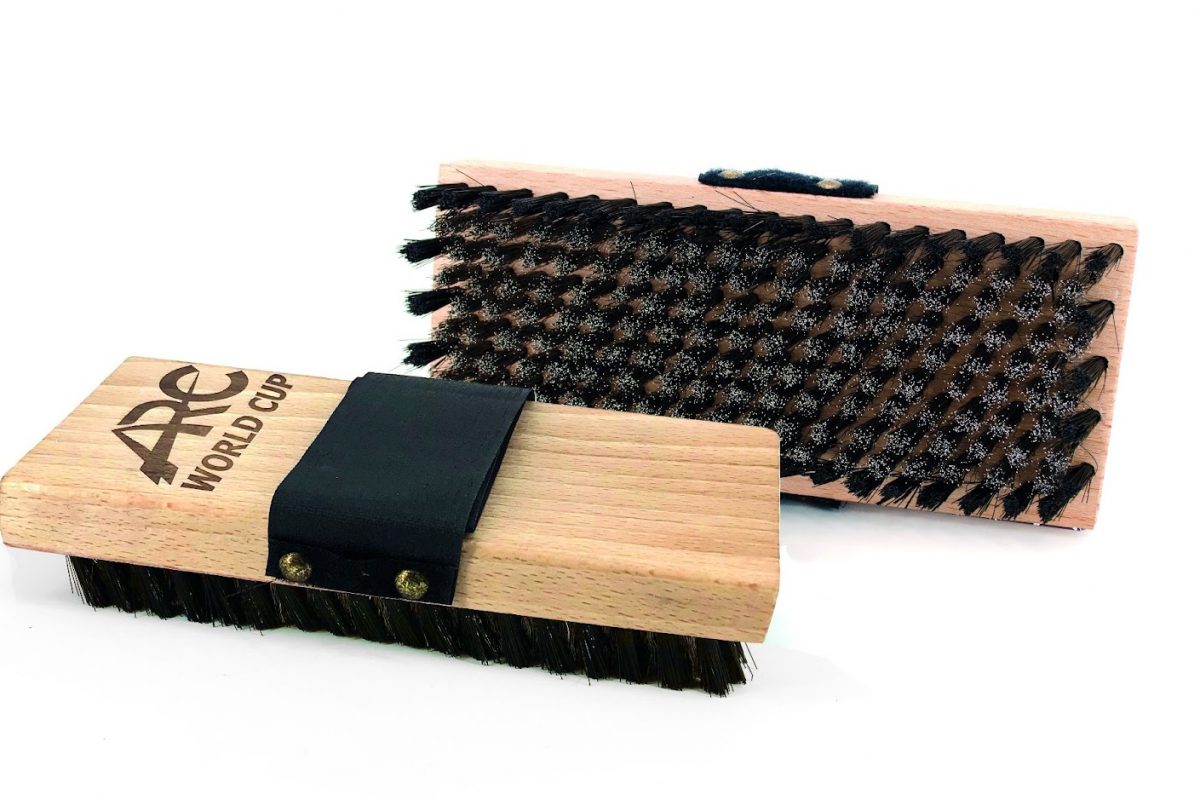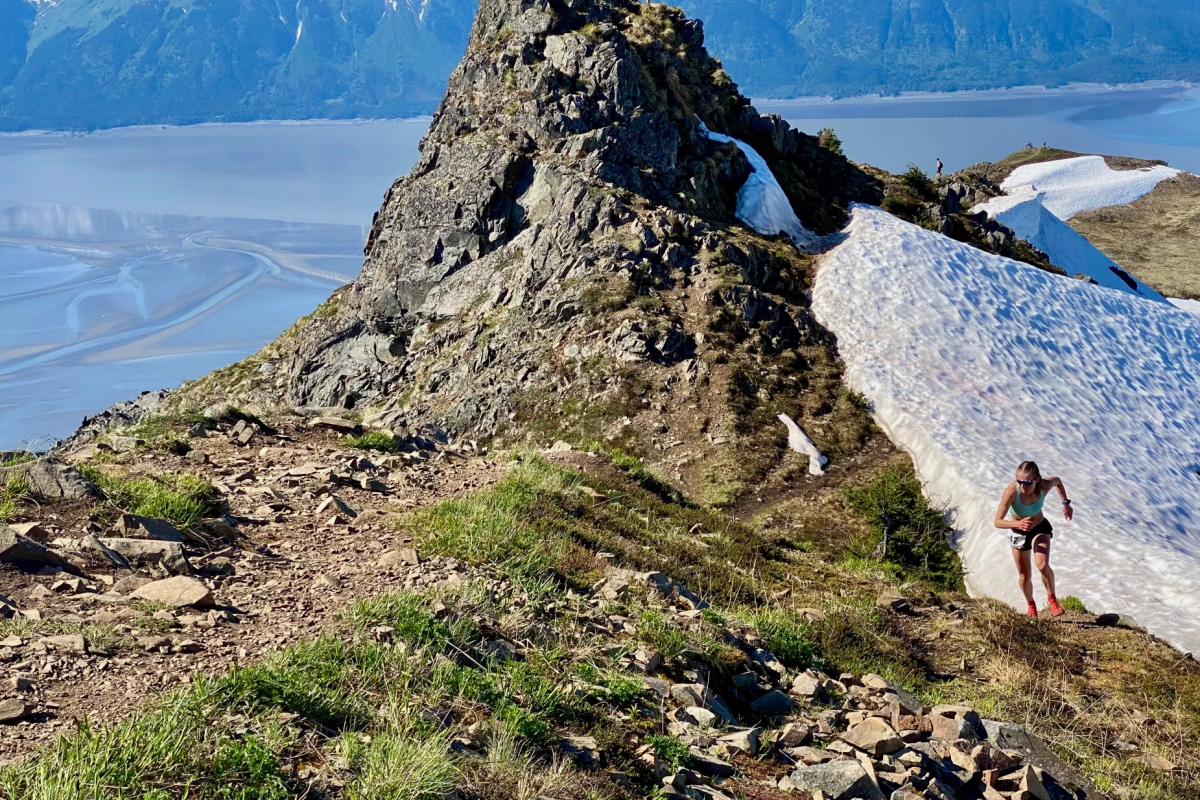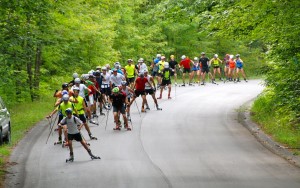
Returning to training after a spring hiatus means laying out a plan for the upcoming training season. In making such a plan, there are a couple of questions that will help to define how the season should go:
– Early season dryland training: what should early season training prioritize? And how much of a “break” do you advise taking after the ski season concluded?
– Early season roller skiing: how early is too early? What really are the benefits of roller skiing, and why is the advice typically to utilize this training tool more toward the end of the dryland than at the beginning?
Often coaches are asked what the weeks and months post racing season should look like. The answer varies from coach to coach but there are some trends that are commonly prescribed. A lot of this variety stems from the wide range of climates and geography that support cross-country skiing in North America. For those climates with snow that hangs on after the races conclude for the year it’s best to keep skiing. At the elite level year-round access to snow has been shown to be a huge advantage. The use of glaciers and ski tunnels show this investment is important to many nations that excel in cross-country skiing. After racing wraps up transition to base training on snow, with fun, technique work and ski play.
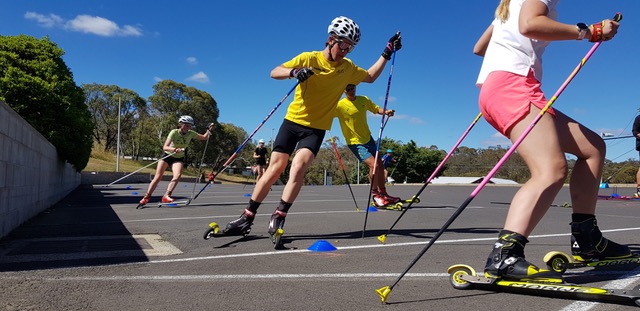
Those of us who are not fortunate to often have late season skiing should plan to take four to six weeks of off/unstructured training. This unloading period helps athletes process the ski season, catch up on other aspects of their life put on hold during the racing season and have the mental break needed after a stressful competitive season. This unloading period also allows the body to adapt and recover from the stress of racing. Especially when a season includes a spring championship.
During this unstructured period, I recommend athletes take the first half off. This would create a two-to-three-week period without any training. This time allows the body to catch up on rest and process all the stressors both physical and mental that were present during the racing season. The second half of this block is unstructured. During this time the athletes train as they feel without a structured plan. Often the focus of this period is strength combined with low intensity aerobic training.
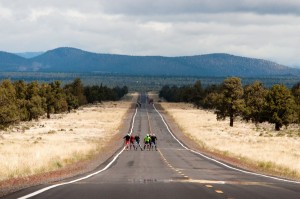
As the training season begins to ramp up a common question is when should one start roller skiing and how often should this be used in their training. Elite athletes will begin roller skiing in May when the training season often kicks off. This is dependent on a variety of factors but to maintain the specificity needed for elite performances most skiers will begin roller skiing right away. The volume of roller skiing will increase over the course of the summer and become a primary training modality by the fall. Master and developing skiers can delay roller skiing until the late summer or fall in order to prioritize other sports or activities creating a more varied training year. This will minimize burnout and help bring variety to the training over the summer.
Prior to the arrival of summer, it’s important to set goals for summer training. These should build off of the progress made in the previous season, limiters that have been identified, and the goals for the following season. Deciding what your priorities are will guide the training and help keep you focused. During summer, it is easy to get sidetracked by fun fitness adventures. Rarely do these derail one’s training, but it’s important to keep your actions moving towards your goals. Summer training should be purposeful and productive combined with a little fun.
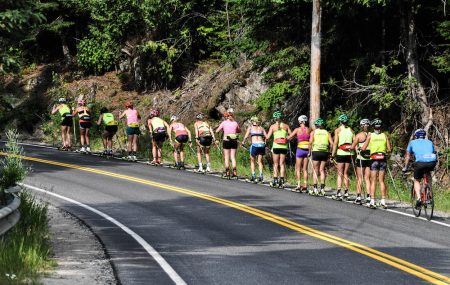
Jason Kask
Head ski coach at the College of St. Scholastica and owner and operator of Superior Performance, Jason Kask is a coach certified through United States Ski and Snowboard, and a Certified Strength and Conditioning Specialist (CSCS).

